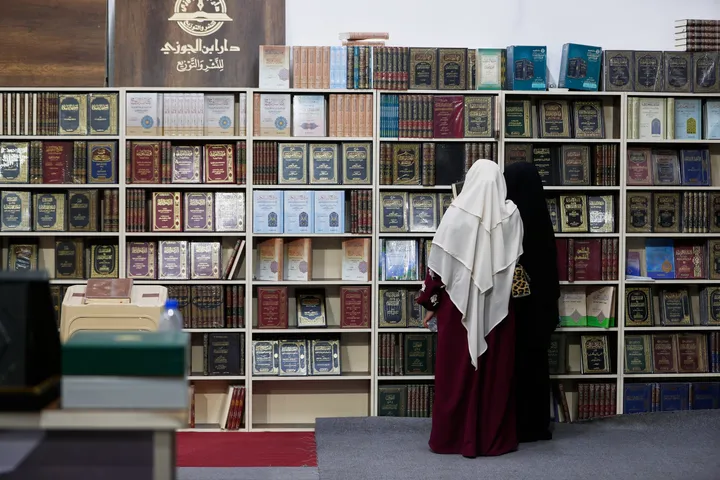The US is set to launch a crackdown on human rights groups and charities over their criticism of Israel’s treatment of the Palestinians.
Despite the Trump administration’s loss in the November 3rd presidential election, it is nevertheless proceeding with the controversial measure that critics say amounts to suppression of free speech.
While no organisations have been named, when reports first emerged of the plans in October they centred around Amnesty International, Oxfam, and Human Rights Watch (HRW), the last of which was co-founded by Aryeh Neier, a German Jew who fled Nazi Germany.
All three organisations reject accusations of anti-Semitism and responding to the initial reports in October, Amnesty said: “The administration is spreading misinformation and working to undermine those who are working to protect human rights.”
While details about how the process would work are scant, according to Politico, which broke the story, a number of officials within the US State Department are opposed to the move and fear the move could open the US government up to legal challenges.
The Politico story is based on interviews with human rights activists familiar with the issue and a former State Department official who is in contact with officials who continue to serve under the Trump administration.
HRW and other human rights organisations have been frequent critics of Israel over its abuses of the Palestinian people. Criticism centres on Israel’s use of arbitrary arrests and indefinite attention, its 12-year-long siege of Gaza, and regular killing of civilians, among a litany of other accusations.
Writing for the American Prospect, Lara Friedman, president of the Foundation for Middle East Peace, said that US officials were ‘weaponising’ anti-Semitism in a bid to repress human rights organisations critical of Israel.
Friedman’s criticism focuses on the prevailing understanding of anti-Semitism adopted by both parties in the US, which was first defined by the International Holocaust Remembrance Alliance (IHRA).
The ‘working definition’, which Friedman says is politicised, states not only that anti-Semitism includes hostility towards Jews, but also “applying double standards” to Israel or requiring of Israel “behavior not expected or demanded of any other democratic nation.”
She writes: “According to this logic, it is anti-Semitic to challenge Israel’s occupation of Palestinian lands—unless one is equally challenging occupation anywhere. Likewise, boycotting or calling to boycott Israel or settlements to protest violations of Palestinian rights is considered anti-Semitic—unless one is similarly boycotting every country guilty of violating the rights of any people, anywhere.”
Friedman further warns that it will be a “short leap” from labeling groups like Amnesty ‘anti-Semitic’ to labeling other groups working on the Israel-Palestine issue in the same way.
BDS
It remains to be seen whether the Biden administration will keep in place last minute policies put in place by the Trump White House, especially as such policies would come with the risk of legal challenge.
Nevertheless, both Democrats and Republicans have moved towards stifling activism against Israeli abuses against the Palestinians - most notably the Boycott, Divestment, and Sanctions movement (BDS).
BDS is a non-violent and grassroots movement that has succeeded in convincing a number of corporations, local governments, and artists from doing business with Israel.
While it is unclear how much economic impact the movement has had on Israel, officials in the Jewish state have described it as an ‘existential threat’ to its existence.
In the US both sides of the aisle have banded together to sanction those who call for boycotts of Israel, with 25 state legislatures, including New York state enacting measures punishing supporters of BDS.
Attempts to prevent state institutions from doing business with those who boycott Israel have, however, run into legal difficulties, as the US constitution prohibits the states from punishing acts of political expression.
Biden has stated that he opposes the BDS movement but respects its proponents’ right to free speech.
Under Trump, Israeli officials have benefited from one of the most ardently Zionist administrations in US history.
The US president had recognised Jerusalem as Israel’s undivided capital despite East Jerusalem being an occupied territory under international law and suspended the overwhelming majority of US aid to the Palestinian Authority.























